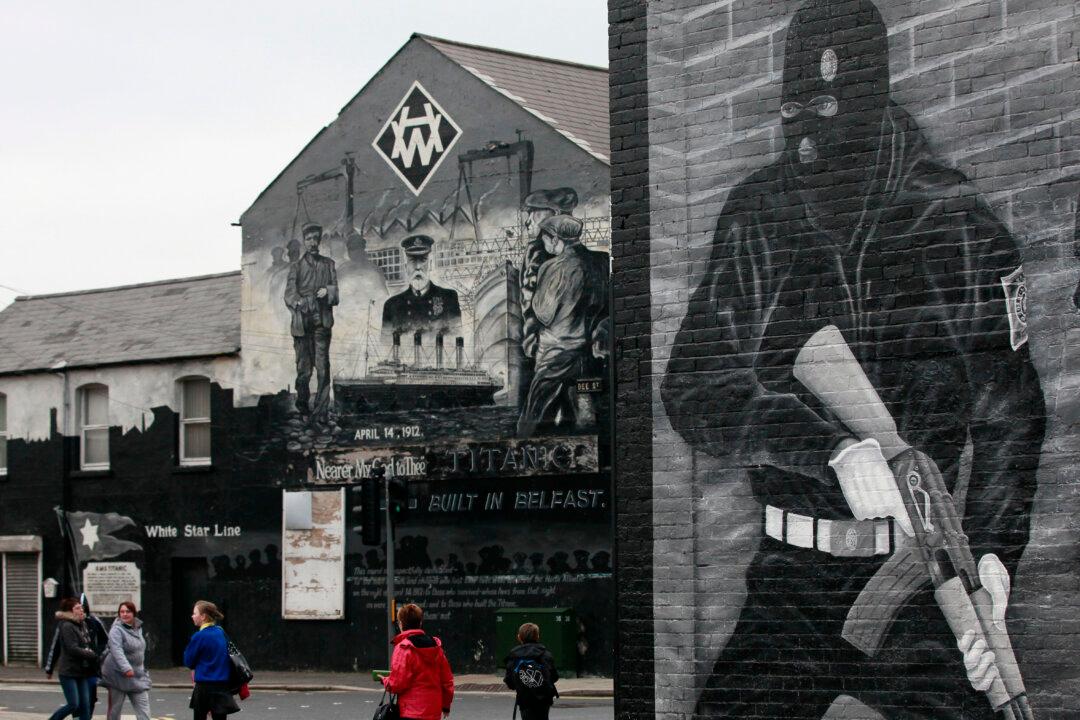Paramilitary groups are likely to be thrive on the “political instability” surrounding the Northern Ireland Protocol and the impasse at Stormont after the Democratic Unionist Party refused to join the governing executive, MPs have been told.
The DUP has refused to take up positions in the Northern Ireland Executive in protest at the post-Brexit trade deal which effectively placed a border in the Irish Sea.





